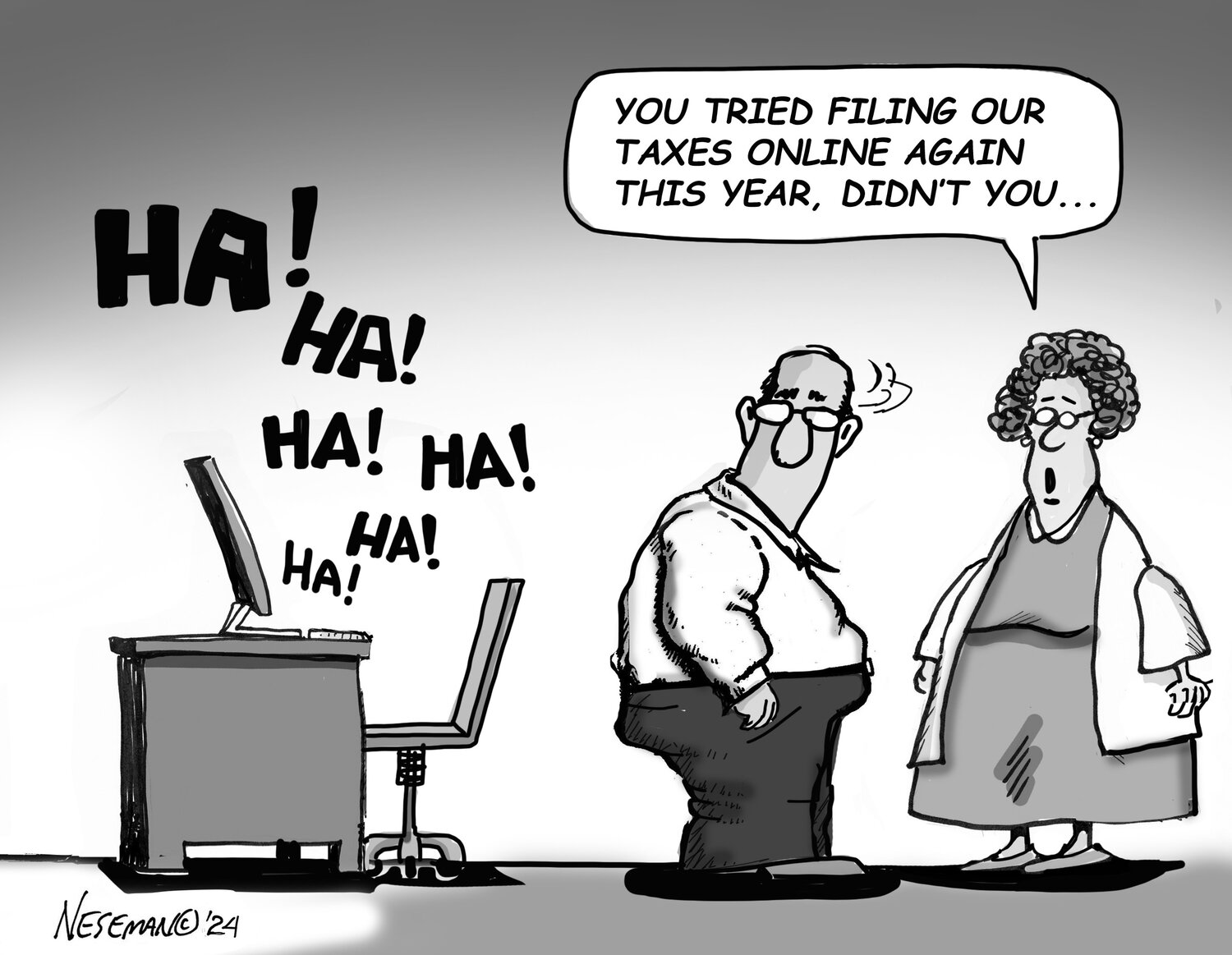Shining the light where government remains dark
“Knowledge will forever govern ignorance,” President James Madison once said. “And a people who mean to be their own governors must arm themselves with the power which knowledge gives.”
Madison may not be the most well-known of the Founding Fathers — not even getting the most prominent of roles in the hit musical “Hamilton” — but it’s hard to imagine an America without him. Not only was he an early advocate of the U.S. Constitution as we know it today, but Madison also is credited as the author of the Bill of Rights — the first 10 amendments to the Constitution that address, among other things, the freedom of the press — and, by extension, the ability to arm ourselves with the very knowledge he championed.
So, it’s fitting that Sunshine Week — a time to promote open government and the freedom of information — happens to fall on what would have been Madison’s birthday. And sadly, more than two centuries later, we still have a long way to go to ensure the transparency in government our Founding Fathers promised us.
Established by the American Society of News Editors nearly 20 years ago, Sunshine Week is an important reminder of the vital role transparency plays in a democratic society. It’s vital we protect the public’s right to know.
While New York might lead the nation in so many different categories, one area the state is not a pioneer is government transparency. In fact, four states have the right to open government spelled out in their state constitutions, according to the New York Coalition for Open Government. But none of them are New York.
A bill offered by Assemblyman Phil Steck and state Sen. Rachel May would fix that by enshrining as a fundamental right in New York’s state constitution access to public information, as it’s a “necessary and vital part of democracy and public deliberation.”
“The right of the people to inspect and/or copy records of government, and to be provided notice of and attend public meetings of government, shall not be unreasonably restricted,” according to the legislation.
Yet, even if that constitutional amendment passed, enforcement would be near-impossible.
Right now, the only way any of us can ensure government is transparent is by taking it to court. But even if we win, courts are not required to also award attorney fees unless someone were to “substantially prevail” in its case — something that is quite subjective and hard to prove.
With that, governments could simply run up legal costs until someone exhausts their financial resources. And if there was a violation of open government laws, it would never reach a judge.
Instead, the open government coalition is pushing a bill from Assemblywoman Linda Rosenthal that would create a hearing officer system to adjudicate those issues and impose penalties.
It’s certainly not a new approach. The open government coalition points out the small claims assessment reviews for property tax assessment disputes, where homeowners complete a simple application, pay a filing fee, and then have their case decided by a hearing officer.
More than 100,000 such complaints were handled through the system in 2020, costing just a little more than $100 each. The same system is needed for disputes over open government records, and Rosenthal is pushing just that. But she’s yet to get any support from someone in the state senate.
The coronavirus pandemic introduced many of us to livestreaming online — especially when it comes to government meetings. Now that we are seemingly on the other side of the pandemic, those online streams are not as common. Yet, a bill from Assemblywoman Amy Paulin and state Sen. Joseph Addabbo Jr., would require all public bodies to not only broadcast their meetings, but record them, and leave them online for five years.
Even more important is a chance for members of the public to comment at meetings — something that is not guaranteed by the state’s open meetings law, and which a number of organizations don’t make time for. Unfortunately, there’s nothing in front of lawmakers quite yet to make this happen — but it’s needed.
Sunshine Week is important to remind us that we have some work ahead of us as citizens, but also it’s good to remind government officials they need to prioritize transparency and accountability as well. It’s vital we stay informed and engaged, and reach out to our lawmakers so that these bills — and others designed to make our government more open — will indeed see the light of day.






